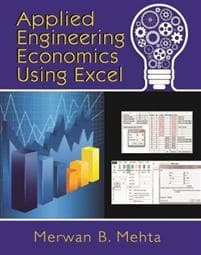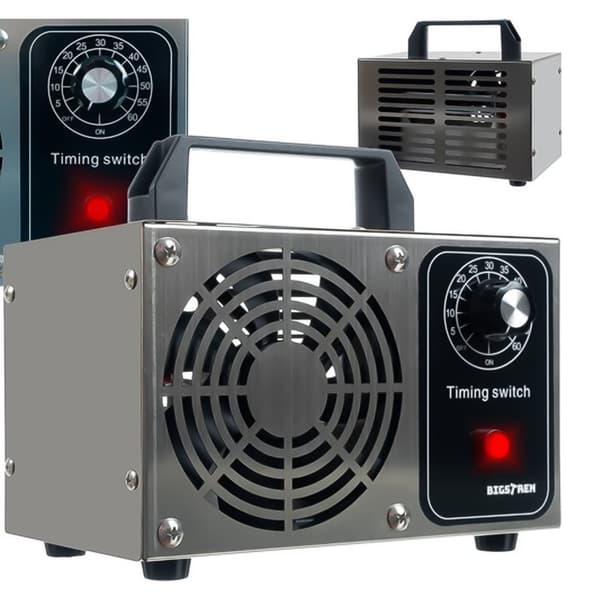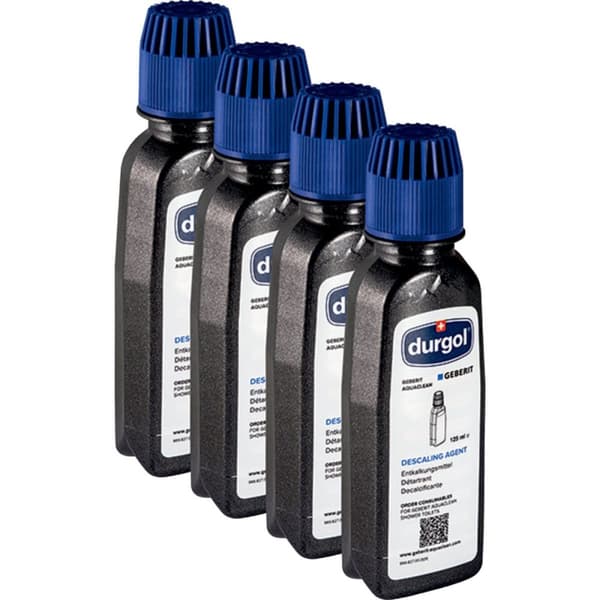
Applied Engineering Economics Using Excel
1 236 kr
1 236 kr
Ti., 8 juli - fr., 11 juli
Sikker betaling
14 dagers åpent kjøp
Selges og leveres av
AdlibrisProduktbeskrivelse
By Merwan B. Mehta
This is one of the most innovative textbooks for teaching the fundamentals of engineering economics. Written clearly and concisely to allow a firm grasp of the concepts, this is a noncalculus-based book geared toward teaching undergraduate and graduate students with a wide range of technical backgrounds. It also is an excellent reference for students seeking a refresher course on the subject or for others interested in applying core principles to evaluating projects in the workplace.
Engineering economics can be described as a course for life. The book exemplifies this point of view by including many real-world examples that are useful in making decisions to benefit an organization, individual, or society. Each of the eleven chapters begins with a list of the concepts to be discussed, and these are built upon incrementally and are supported by gradually increasing the complexity of the exercises.
Merwan Mehta’s approach is practical in nature, emphasizing the application of technology for problem solving, yet comprehensive enough to prepare students for future managerial roles that involve capital project decision-making. Educators who emphasize learning through problem-solving will find this book to be an invaluable resource in the classroom. It will be a keeper for many students who have the privilege of using it in a university course.
Overall, I felt that this was not just another textbook on engineering economy, but a practical guide and resource with a great deal of utility. I recommend it as a necessary addition to the library of anyone who has or will have the responsibility of evaluating and justifying technology and engineering projects to benefit a private enterprise or the public sector.
— Jeanne-Marie Lawrence, Teaching Instructor at East Carolina UniversityDr. Merwan Mehta, Ph.D., is a Certified Manufacturing Engineer (CMfgE) and Certified Six Sigma Black Belt (CSSBB). A professor in the College of Engineering and Technology at East Carolina University in Greenville, North Carolina, he has taught Engineering Economics at the undergraduate and graduate levels since 2004. Prior to joining academia, he spent more than twenty years in the manufacturing industry as a partner in two businesses, vice president, project director, manager, industrial and manufacturing engineer, and machine tool design engineer. Dr. Mehta conducts workshops internationally for Lean Six Sigma Green Belt and Black Belt certifications, total productive maintenance (TPM), value stream mapping (VSM), geometric dimensioning and tolerancing (GD&T), and design of experiments (DOE). He also serves as an examiner for the Missouri Quality Award based on the Baldrige Criteria. His research interests include enhancing manufacturing and business processes, using Lean principles and the theory of constraints, and the pursuit of quality and variation control through Six Sigma and DOE.Ch. 1: Introduction to Engineering Economics. Ch. 2: Interest and Financial Equivalence. Ch. 3: Cash Flow Diagrams and Time Value of Money. Ch. 4: Cash Flow Series and Net Present Value. Ch. 5: Nominal and Effective Interest Rates. Ch. 6: Project Justification. Ch. 7: Sensitivity Analysis. Ch. 8: Amortization, Depreciation, and Income Taxes. Ch. 9: Creating Realistic Project Cash Flows. Ch. 10: Choosing Best Option from Multiple Projects. Ch. 11: Cost Benefit Analysis for Public Projects.
Artikkel nr.
e4f78df8-35f8-40ce-bf08-c3496aa68ed3
Applied Engineering Economics Using Excel
1 236 kr
1 236 kr
Ti., 8 juli - fr., 11 juli
Sikker betaling
14 dagers åpent kjøp
Selges og leveres av
AdlibrisLignende toppselgere

POP MART Labubu The Monsters Exciting Macaron Vinyl Face Blind Box
699 kr

POP MART Labubu The Monsters Big Into Energy Series Figures Vinyl Plush Pendant Blind Box
699 kr

INF TYPE-C Dual SD/TF-kortleser for rask dataoverføring 0
89 kr
Tidligere laveste pris:
99 kr

NÖRDIC Lightning Kortläsare SD UHS-I
240 kr

Øreputer for Bose QuietComfort - QC35/QC25/QC15/AE2 Hodetelefoner Svart
99 kr

Hundetrimmer / Potetrimmer - Trimmer for Poter
199 kr

3-Pak - Fidget Spinners med Sugekopp for Barn
119 kr
Tidligere laveste pris:
139 kr

INF Støydempende og lydisolerende ørepropper med krok
114 kr
Tidligere laveste pris:
143 kr

Luftrenseenhet - Renser / Saniterer luften - 20,000 mg/h
699 kr

Trådløs CarPlay-adapter 2025
299 kr
Tidligere laveste pris:
379 kr
Anbefalinger til dig

Sony | Playstation® 5 Slim (Digital-versjon) - Spillekonsoll - 1TB SSD NVme - Wi-Fi/LAN - Hvid
5 800 kr

INF Tilbehør Xiaomi Roborock S5 Max/S50/S51/S55/S5/S60/S65/S6/S6 Pure/S6 MAXV 22 deler
281 kr
Tidligere laveste pris:
351 kr

INF Spiralreflekterende fugleskremsel 10-pakning Sølv 30 cm
119 kr
Tidligere laveste pris:
143 kr

INF Digital vekt for smykker / gull / kaffe 0,01 g - 200 g
126 kr
Tidligere laveste pris:
168 kr

iPhone Snabbladdare USB-C PD 3.0. 20W Strömadapter + Kabel
147 kr

Zimaya - Mazaaj - 100 ml
353 kr

2-Pak - Lader for iPhone - Hurtiglader - Adapter + Kabel 20W USB-C
199 kr

Geberit AquaClean Avkalkingsmiddel 4 stk
460 kr
Tidligere laveste pris:
461 kr

Malibu Fast Tanning Bronzing Butter with Beta Carotene 300ml
179 kr

INF Tilbehør til Roborock Q5 Pro+/Q8 Max+(Plus) robotstøvsuger
329 kr